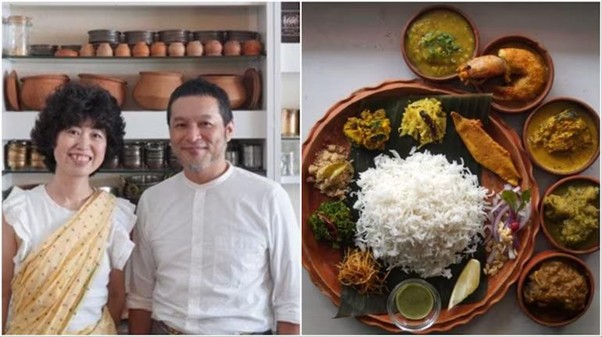Pan Pacific International Holdings (PPIH), operator of the iconic discount retailer Don Quijote (often affectionately known as “Donki”), has unveiled plans to open 250 new stores by 2035. This ambitious strategy is part of a broad tourism-focused growth initiative aimed at capturing surging international demand for tax-free shopping in Japan.
Riding the Tourism Wave
PPIH is doubling down on the post-pandemic surge in foreign visitors—fueled by a weak yen and aggressive national targets—by anchoring its expansion along key tourist corridors. The plan complements the government’s aim to welcome 60 million annual visitors by 2030.
It’s not just about numbers. PPIH is launching a food-focused store brand in 2026, planning to roll out 200 to 300 outlets under that brand over the next decade. These locations will cater to travelers seeking local snacks and specialty treats.
A Long-Term Vision
By 2035, PPIH has set an impressive target of achieving ¥400 billion (approx. $2.7 billion) in tax-free sales, driven largely by international traffic through these expanded stores.
Healthy Financial Momentum
Already, PPIH is riding a wave of strong performance—notably driven by private-label offerings and tourist purchases. For the fiscal year ending in June, they recorded a 2% year-on-year growth in net profit, reaching ¥90.5 billion, and forecast their fiscal year earnings to hit ¥100 billion for the first time.
At a Tokyo news briefing, Representative Director Hideki Moriya—set to assume the presidency on September 26—emphasized the company’s long-term goals: “We will build a company that can earn ¥300 billion in operating profit.”
Benchmarking Success
This bold expansion builds on a surge in tourism-driven retail success. In June 2024, PPIH crossed ¥2 trillion in annual sales for the first time, buoyed by tourists’ appetite and private-label items. Net profit surged 34.1% to ¥88.7 billion.
Industry analysts and shoppers alike describe the Donki experience as a “treasure hunt”—an immersive retail journey that delights international visitors with quirky, eclectic finds.
Strategic Implications
- Tourism-Centric Growth: PPIH is explicitly aligning its expansion with rising inbound tourism and tax-free spending.
- Diversified Retail Formats: The new food-centered brand—coupled with local tourist-targeted stores—increases market versatility.
- Profit Ambitions: With structured store expansion and product offerings, the company is on track to meet its aggressive profit targets.
Summary Table
| Initiative | Details |
| New Store Opens (by 2035) | 250 new Don Quijote outlets |
| New Food-Focused Brand | Launch in 2026; 200–300 stores over 10 years |
| Tax-Free Sales Target (2035) | ¥400 billion (~USD 2.7 billion) |
| Latest Annual Net Profit | ¥90.5 billion; aiming for ¥100 billion |
| Ambitious Operating Profit Goal | ¥300 billion in operating profit |
This strategy positions PPIH to become an even more dominant player in tourism-driven retail—leveraging its eclectic, convenience-oriented format to capture the growing wave of international shoppers.

















